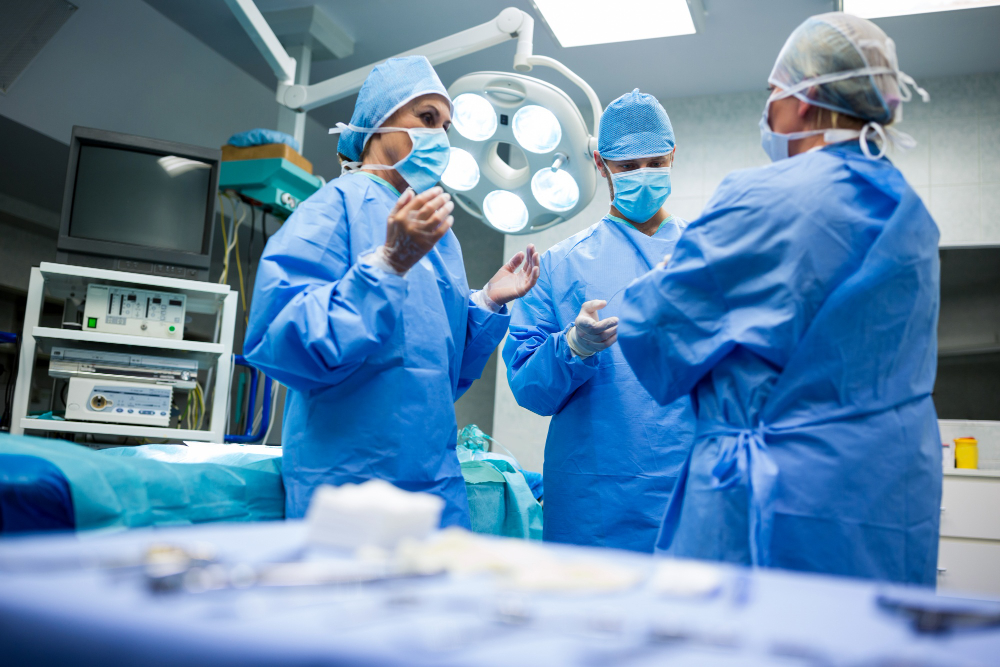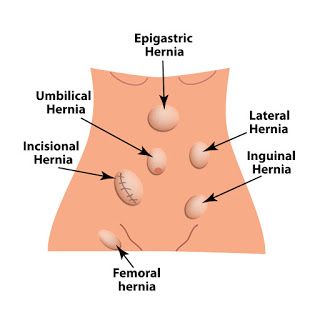Exploring the Benefits of Laparoscopic GI Surgery.
Laparoscopic gastrointestinal (GI) surgery, also known as minimally invasive surgery, has revolutionized the field of gastrointestinal surgery over the past few decades. This advanced surgical approach offers numerous advantages over traditional open surgery, making it a preferred choice for many patients and surgeons. In this article, we will delve into the key aspects of laparoscopic GI surgery, its benefits, procedures involved, and outcomes.Best Laparoscopic Surgery in Tilak Nagar
To Know More About It Please Click Here
Understanding Laparoscopic GI Surgery
Laparoscopic GI surgery involves using small incisions and specialized instruments to perform procedures on the gastrointestinal tract, which includes the esophagus, stomach, small intestine, large intestine (colon), liver, pancreas, and gallbladder. Instead of making a large incision (as in open surgery), laparoscopic surgery utilizes a laparoscope—a thin, flexible tube with a camera and light—to visualize the internal organs and guide surgical instruments.
Benefits of Laparoscopic GI Surgery
- Minimally Invasive: Laparoscopic surgery requires only small incisions, leading to reduced trauma, less pain, and faster recovery compared to open surgery.
- Quicker Recovery: Patients undergoing laparoscopic procedures typically experience shorter hospital stays and quicker return to normal activities, including work and daily routines.
- Reduced Risk of Complications: Smaller incisions and minimal tissue disruption result in a lower risk of surgical site infections, hernias, and other post-operative complications.
- Improved Cosmetic Outcome: Small incisions lead to minimal scarring, contributing to better cosmetic results and patient satisfaction.
- Less Blood Loss: Precision instruments used in laparoscopic surgery minimize blood loss during procedures, reducing the need for blood transfusions.
- Enhanced Visualization: The laparoscope provides a magnified, high-definition view of the surgical site, allowing surgeons to perform complex procedures with greater precision and accuracy.
Common Laparoscopic GI Procedures.Best Laparoscopic Surgery in Tilak Nagar
- Laparoscopic Cholecystectomy: Removal of the gallbladder, often performed to treat gallstones or gallbladder inflammation.
- Laparoscopic Appendectomy: Removal of the appendix, typically indicated for appendicitis.
- Laparoscopic Colectomy: Partial or total removal of the colon, often used to treat conditions such as colorectal cancer, diverticulitis, or inflammatory bowel disease (IBD).
- Laparoscopic Fundoplication: Treatment for gastroesophageal reflux disease (GERD) by reinforcing the lower esophageal sphincter.
- Laparoscopic Hernia Repair: Repair of inguinal, umbilical, or hiatal hernias using minimally invasive techniques.
- Laparoscopic Liver or Pancreas Surgery: Removal of tumors or cysts from the liver or pancreas, often indicated for certain cancers or benign conditions.
Patient Selection and Considerations
Not all patients are suitable candidates for laparoscopic GI surgery. Factors such as the patient’s overall health, the complexity of the procedure, and previous abdominal surgeries may influence the approach chosen by the surgical team. Surgeons carefully evaluate each case to determine the most appropriate surgical technique that balances efficacy and safety.
To Know More About It Please Click Here
Conclusion
Laparoscopic GI surgery represents a significant advancement in modern surgical practice, offering patients safer, less invasive alternatives to traditional open procedures. The benefits of laparoscopic surgery—including reduced pain, faster recovery, and improved outcomes—continue to drive its widespread adoption across various gastrointestinal conditions. As technology advances and surgical techniques evolve, laparoscopic GI surgery remains at the forefront of innovative medical care, empowering patients to achieve optimal health outcomes with minimized surgical impact.Best Laparoscopic Surgery in Tilak Nagar







